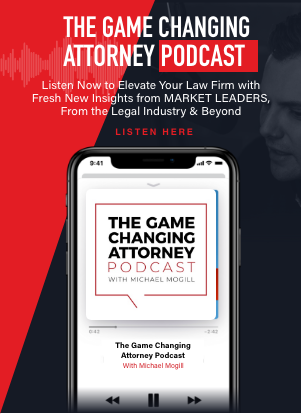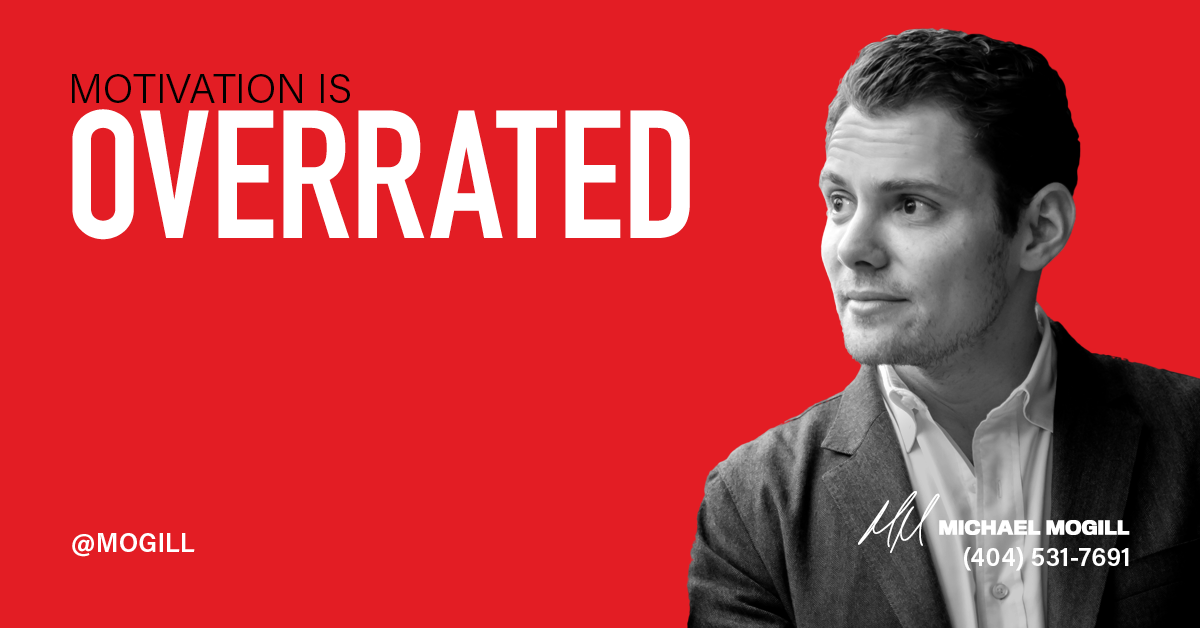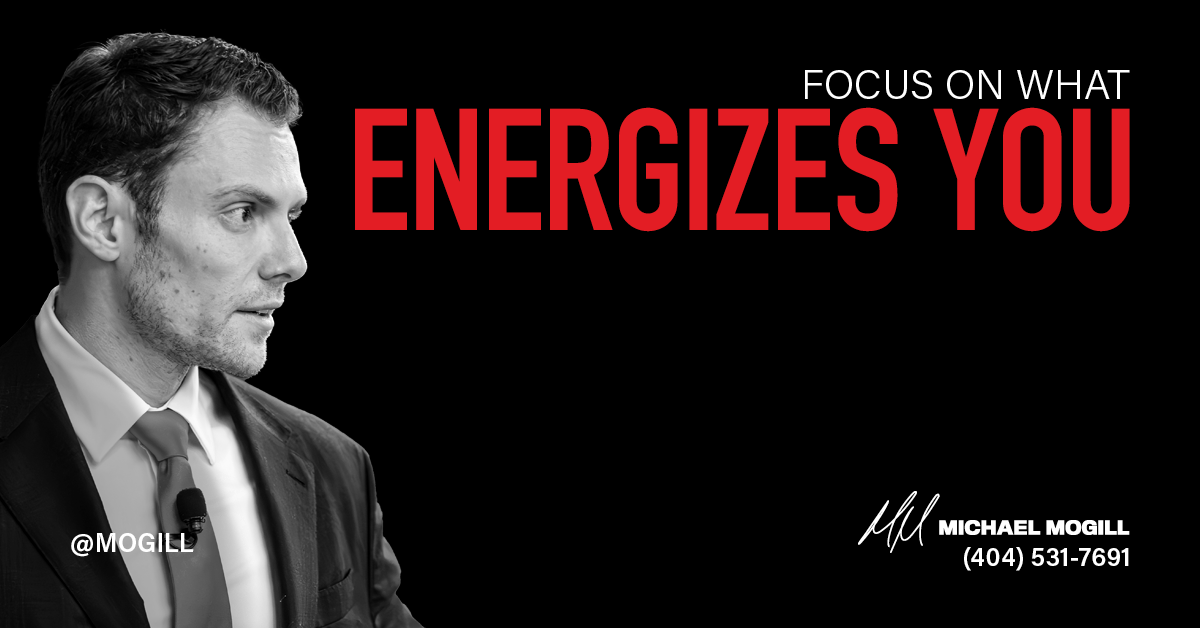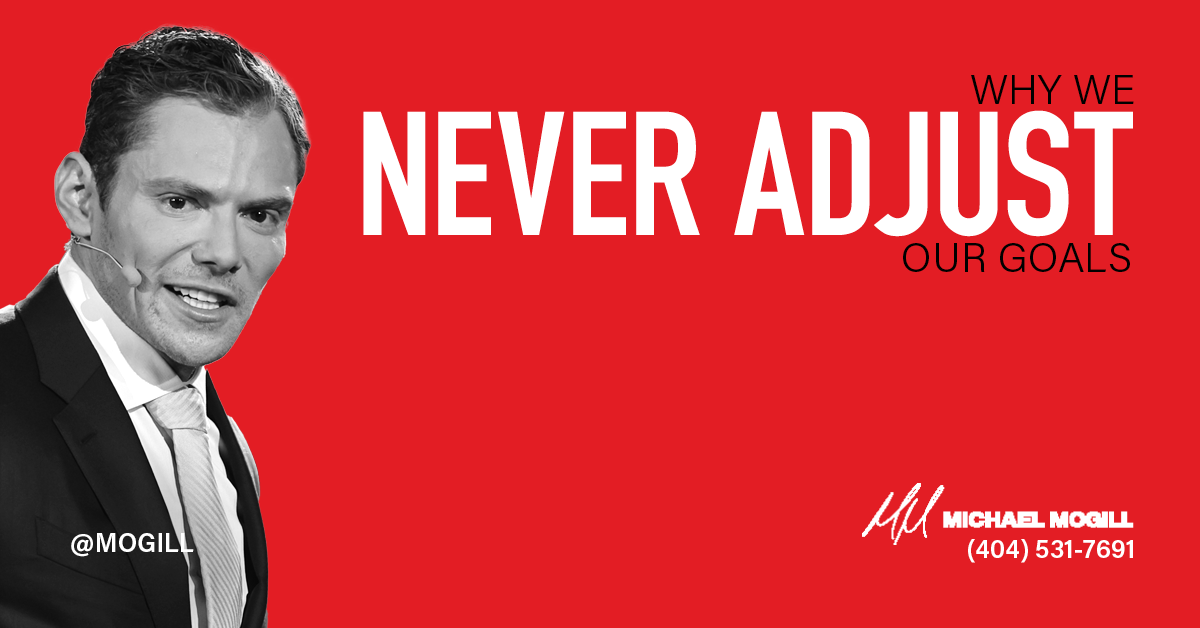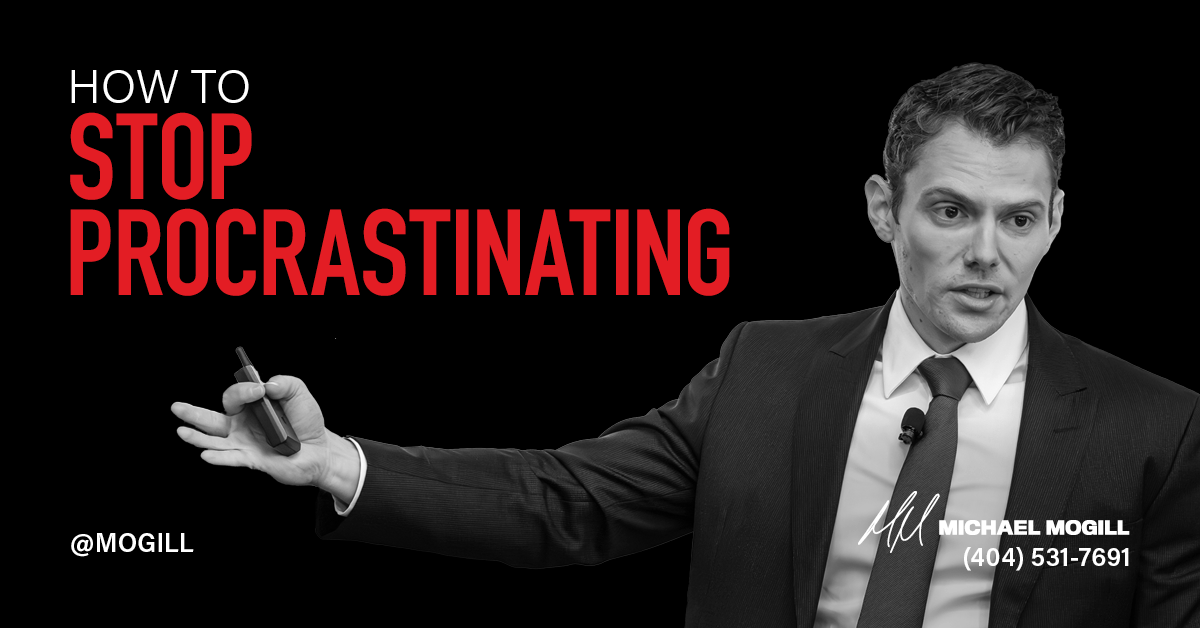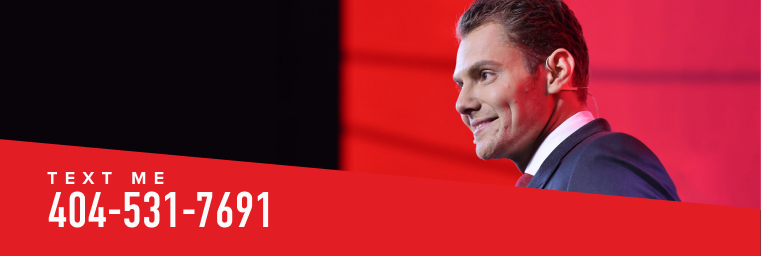As a trial attorney, you likely already know the power of storytelling. It’s a huge part of what you do as an advocate for your clients.
How do you get a judge or jury to care about your client? Tell their story.
How do you get an insurance company to see your client as a person rather than a case number? Tell their story.
How do you forge lasting relationships with clients that become like family? Get to know their story, and tell it on their behalf.
It’s a fact that as humans, we connect deeply to stories. They humanize, allow us to identify with others, and bring to light universal truths that resonate at a deep emotional level.
You understand this. That’s why you tell your clients’ stories.
So why aren’t you telling your story?
Attention is the New Currency
The legal profession is more competitive than ever before. As of this writing, there are over 1.3 million lawyers in the United States with more passing the bar every year. That’s one lawyer for every 250 people (man, woman, or child). Even if you were only competing against other lawyers, differentiating yourself so that you could attract the right clients would still be a challenge.
But here’s the thing: you’re not just competing against other lawyers and their marketing. You’re competing against every other piece of content fighting for consumers’ attention as well. Forget lawyers vs. lawyers; in the real world, it’s lawyers vs. bakeries, banks, amusement parks, and every other business and brand out there advertising in the world.
Welcome to the world of attention economics, where businesses live and die by the attention resource cycle.
Attention economics is the scarcity you face when you try to compete for attention while thousands of other brands, companies, and individuals try to do the same thing. Here’s how it works: the more brands, companies, and even individual marketers who fight for the average user’s attention, the scarcer that attention becomes. The average person is inundated with marketing messages, from inboxes and newsfeeds to billboards and refrigerator magnets. To get through their day without feeling overwhelmed, they have no choice but to filter out the vast majority of messages from this endless barrage.
But when you give people a reason to care, you break the attention resource cycle. You break out.
My Turn to Tell a Story
I’m a European-Jewish immigrant. When I was four, I immigrated to America with my family — my parents, my grandparents, and my younger brother. When we arrived, we had $500 to our name, little command of the language, and no other family to help us get started with our new lives.
Since I was four, I don’t remember much from this time. However, I do remember that my first impression of America wasn’t altogether positive. My mom had said America was the land of opportunity, but it sure didn’t feel that way in our run-down Atlanta apartment building with its broken windows, roaches, and weird smells. We’d only come home with bread and butter from the grocery store, and my parents would often skip meals. Surely, this was just a pit stop, some kind of halfway point on the way to the real America.
By the time I’d finished college years later, my life was at a crossroads. I’d scored well on the MCATs and had been accepted into a few medical schools. But after spending over a hundred hours shadowing doctors and seeing what their day-to-day jobs were like, I decided that profession wasn’t for me.
Just as I was trying to figure out what else I might want to do, the Great Recession of 2008 hit, tanking the economy. So there I was, an honors grad who had been accepted to several med schools, but no one was hiring. I barely landed a job washing dishes at a local Atlanta dive bar.
Seeing this, my parents, bless their hearts, thought they had failed me. All the sacrifices they made to immigrate to America — where I would have opportunities — and their magna cum laude son was washing dishes at a dive bar. How could they not think they had failed me? I had nothing to point toward to make them believe otherwise.
The story of how I founded a law firm growth company is a book of its own, so I’ll just give you the short version here. Essentially, I was always an entrepreneur at heart. When I was thirteen, I worked out of my living room running my first business, a web design company. I’ll never forget how funny it was watching my mom letting my much older clients in the front door. As an adult, this drive led me first to do some marketing work for an events company, and then to an important role in a fledgling streaming-music business.
You’ve probably noticed that none of this experience has much to do with legal marketing and law firm growth. However, each was an important piece of the puzzle in my early entrepreneurial education. The events company, for instance, taught me how to put together an organization, while the streaming startup taught me invaluable lessons on the importance of workplace culture. Eventually, I found the perfect balance between both my entrepreneurial side and the creative elements of my life that were near and dear to me, and I started a video marketing company.
Everyone told me not to do it. They said we wouldn’t be able to compete with the agencies, no one believed or saw a future in internet video, and I had no real business plan to speak of. It was a huge gamble, no doubt — I had no investors or partners and only $500 to my name — but I loved what I was doing and was certain I could make it work somehow. So I stuck with it.
I started Crisp Video eight years ago, and since then, we’ve grown by at least 200% every year. We doubled our business last year and have grown nearly 1000% the past three years. I say that not to brag, but to preface this next statement: my team and I are familiar with uncomfortable goals. At the end of every year, we set our goal for the following year, and to be honest, I feel uncertain every time about how we’re going to pull it off.
It’s one thing to grow by 10%. That just means you have to work a little harder, maybe improve some of your processes. Setting a goal to grow 200% means we have to innovate. Working harder is not enough.
But we’ve done it for eight years running. Along the way, I’ve had to make uncomfortable decisions in pursuit of our uncomfortable goals, like hiring 15 people at once. I’d never hired that many people at one time. I had to invest three times as much into my marketing as I’d done in the past, which meant stroking a six-figure check every month. I worked every Saturday for a while, but I was willing to make that commitment because I knew that the results would be worth it.
I had plenty of chances to quit when I first started the company; 21 in fact. It was until the 22nd pitch meeting that I got my first “yes.” My team could’ve waved the white flag several times the past seven years as we worked round the clock to close deals and create new offerings for our clients.
But we didn’t, and now we all get to enjoy the results that our hard work produced.
Who Cares?
I used to avoid telling my story when I spoke at conferences and events. I didn’t think it was relevant, and I especially didn’t want anyone to pity or feel sorry for me. Why would anyone care that I grew up a poor immigrant in a family struggling to make ends meet?
Eventually, however, I realized that my story is everything because it drives everything I do. While I wouldn’t wish that struggle on anyone, I’ve come to value the lessons gained from that experience, which are always in the front of my mind when working with clients or interacting with team members.
Once I recognized that my story drove my own professional choices, I realized that sharing my story helped me connect with my audience, which was attorneys and other legal professionals experiencing struggles of their own. They could relate to me, and I could relate to them. We’d both been to war and come out the other end.
Whatever the case, they can relate to me because they know I’ve struggled too, often working over a hundred hours a week just to make ends meet. There’s peacetime, and there’s wartime, and when I was in wartime, I sacrificed family, friends, and a lot of other experiences in order to grow my business.
In many ways, my story isn’t special. I’m not the only European-Jewish immigrant to arrive in America and make a name for himself after years of struggle.
However, telling it makes me real, human, and relatable. It demonstrates that I’m willing to make myself vulnerable, and that I’m not simply speaking for my own benefit but for the benefit of others. Once I’ve gained this credibility as a speaker, I can start sharing some harsh truths with my audience about the challenges their profession faces and what they need to do about it.
My story is the difference between them walking out of the room or approaching me after the talk to share their own stories and tell me how much they appreciated what I had to say.
It works the same for law firms trying to stand out in the noise of today’s advertising landscape. You have a story too, and a responsibility to share it.
If you were born and raised in the same neighborhood in which you currently work, tell that story. Once injured in the same kind of accident you now specialize in litigating? Tell that story. If your father was murdered when you were six years old and it fueled your passion for criminal justice, tell that story.
Much of the legal and business marketing out there is focused on credentials and generic claims like, “I promise I will fight for you.” The attorneys featured in this kind of marketing are often so concerned with their appearance that they lose their humanity.
Instead, share what drives you.
If you don’t give your audiences those opportunities to connect, you’re just another anonymous attorney offering generic legal services to indifferent clients.
It might seem counterintuitive, but law firms can’t compete solely on how many cases they’ve won, how many partners they have, or how big their marketing budget is. Yes, these elements matter when it comes to experience and execution. However, none of them give prospective clients a sense of who you are as a human being or the personal experiences that brought you into this profession in the first place.
Your clients aren’t simply buying legal services; they’re investing in you as a human being. If they can’t connect with you, if they don’t have a sense of what drives you, then they have no reason to hire you.
The Best Way to Get Your Story Out There
So you’ve honed in on what drives you, what makes you unique, and developed your story. Now the most effective way to make sure your story gets heard, engages people, and is memorable? Put it everywhere your ideal clients spend their time.
There are a lot of ways to get your story out there. You could put it on your website, on TV, on billboards, and plenty of other places. Each option has its unique pros and cons, but the best way by far is social media.
My criteria of “best” is rather simple: where prospective clients spend the most time, how targeted you can get, and the frequency you can get your message in front of people for relatively low cost.
There’s no denying it: consumers spend incredible amounts of time on social media these days. Here are a few statistics to shake you up a little:
- There are now 3.8 billion social media users worldwide.
- More than two-thirds of American adults report that they use Facebook regularly.
- 90.4% of Millennials are active social media users (Gen Xers are not far behind at 77.5%, and even Baby Boomers get on the board at 48.2%).
- The average person spends 2 hours and 23 minutes on social media per day.
If your law firm is not active on social media, you might as well be invisible.
If your law firm’s social media content isn’t high-quality, client-centric, and designed to engage users emotionally, you might as well be invisible.
Once you have those two basic boxes checked, the next step is to ensure you are absolutely saturating the main social media channels with your law firm’s messaging. Wherever your ideal clients spend their time, they should be seeing you repeatedly.
Launching a strategic awareness campaign on the highest-traffic social media channels is the most effective way to take that strong storytelling content and make sure everyone you are trying to reach sees it, connects with it, and remembers you.
Not to mention how inexpensive it is to run awareness campaigns on social networks like Facebook. Compared to all the other marketing options in the toolbox (don’t even get me started on the cost-benefit downward spiral associated with billboards, PPC, TV, and more than half of the other options on the table), there is no better bang for your buck than promoting your content strategically in the places your ideal clients spend the most time.
It’s less expensive, and the targeting and tracking capabilities are beyond anything traditional mediums offer.
Stop Putting Yourself at a Competitive Disadvantage
Today’s legal consumers are changing the way they make decisions. They’re far more engaged in choosing an attorney, and they want to be in control of their decision.
This means attorneys must interact with potential clients in new ways if they want to get their attention and earn their trust. If you’re not forming an emotional connection with potential clients through stories, interactions, and shared personal experiences, they will not care about you.
Your online content might end up on their newsfeed, but if it doesn’t catch their attention and engage them emotionally, they will scroll right by. If they don’t care about your message, you don’t exist to them.
By not telling your story or infusing any personal connection into your law firm’s marketing, you will miss out on countless clients and cases. The firms that are evolving with the changing legal landscape will get all the attention, make all the connections, and steal those clients and cases right from under your nose.
If you don’t promote messaging and marketing that really engages your audience emotionally, this is your fate.
Michael Mogill is Founder & CEO of Crisp Video (www.crispvideo.com), the nation’s fastest-growing law firm growth company; the author of the Amazon Best-Seller, “The Game Changing Attorney”; and host of The Game Changing Attorney Podcast, the #1 podcast for legal market leaders. He’s helped thousands of attorneys — from solo and small firms to large practices — differentiate themselves from competitors and earn millions in new revenue. His company has been named to the Inc. 500 list of America’s fastest-growing companies and has been awarded Best Places to Work. A sought-after speaker, Michael often presents at national conferences on innovative ways to create exponential business growth. His advice has been featured in publications such as Forbes, Inc., ABA, The Trial Lawyer, Huffington Post, and The Wall Street Journal.

